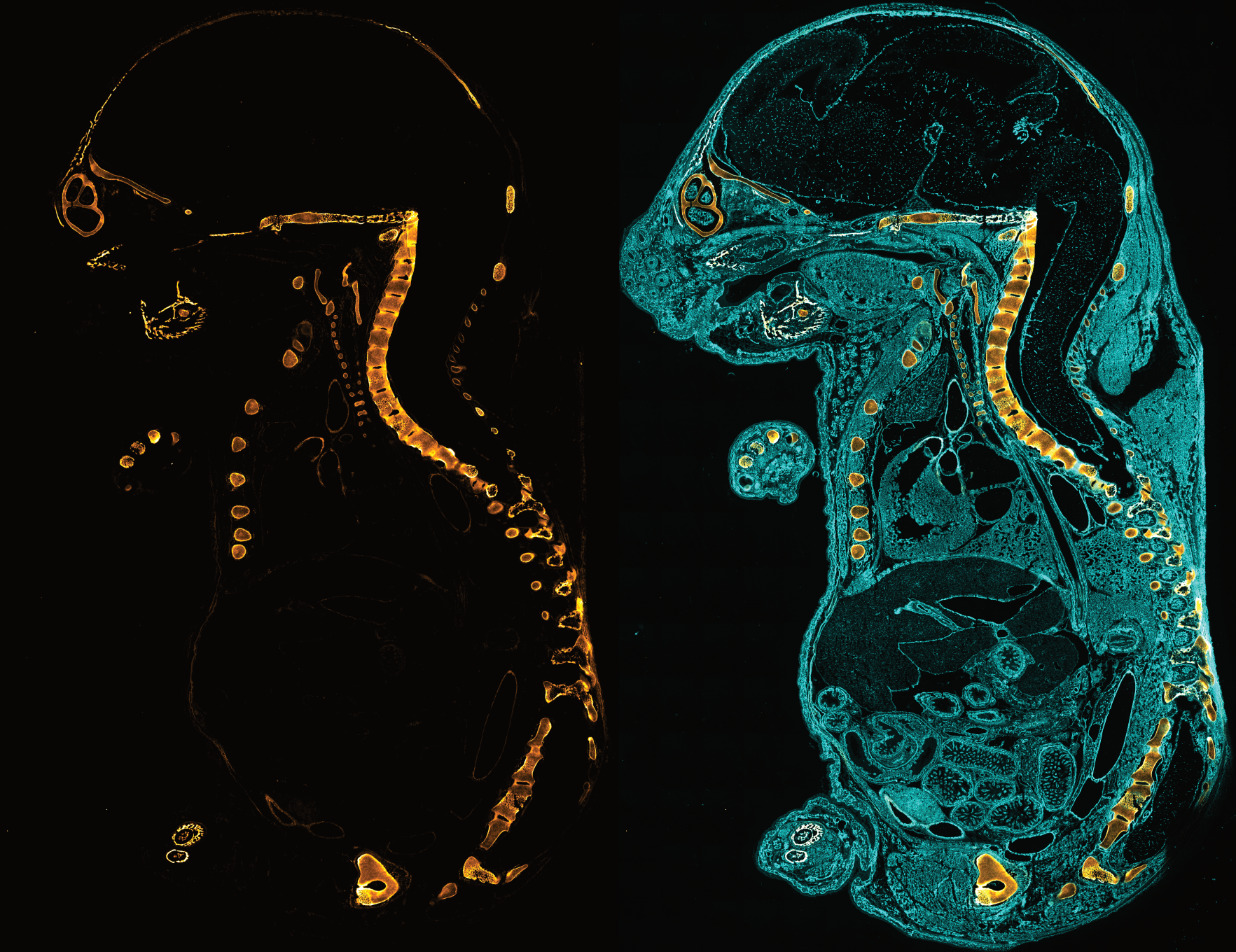Researchers Discover how CHPs Vividly Display Collagen Turnover During Cancer Development.
Studying the destruction of bone collagen and increased fibrosis in Multiple Myeloma is crucial for researchers as it provides insights into disease mechanisms, helps identify new therapeutic targets, and aids in developing treatments to mitigate bone damage and organ fibrosis. Collagen Hybridizing Peptides can aid researchers in quantifying osteolytic lesions resulting from Multiple Myeloma and monitoring fibrotic activity throughout the body. By using CHPs, researchers can gain precise, real-time data on collagen changes, improving their understanding of MM pathology and enhancing their ability to monitor treatment efficacy, ultimately leading to better patient outcomes.
Citations
Bennink, Lucas L., et al. "Visualizing collagen proteolysis by peptide hybridization: From 3D cell culture to in vivo imaging." Biomaterials 183 (2018): 67-76.
金井沙也伽, and 小出隆規. "Possibility of new DDS using peptides that hybridize with denatured collagen" Drug Delivery System 35.3 (2020): 181-190.
- Choosing a selection results in a full page refresh.








